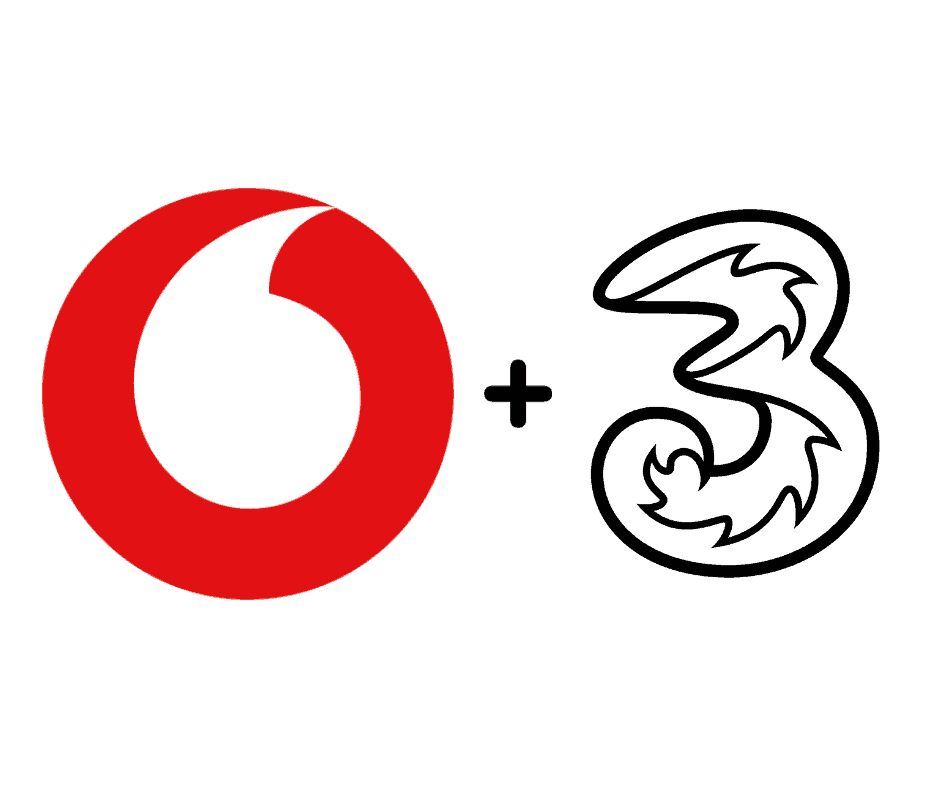You may have seen in the news that the UK arm of Vodafone is in a proposed merger with Three, which is owned by CK Hutchison, a Hong Kong-based company with ties to the Beijing government. There is even a snappily-titled website vodafoneandthree.uk where they proudly list the benefits for customers and the country.
It is standard practice for large corporates to claim a merger is in everybody’s best interests, in an effort to pre-empt customer objections and, crucially, to influence the findings of the Competition and Markets Authority, who would have to authorise any deal of this size.
If you are a shareholder in either company, then the merger is probably a good thing. Both networks have invested billions of pounds in their network infrastructure in recent years, and Three especially has the largest 5G spectrum of any of the networks but with the smallest user base. So Vodafone (and its customers) would benefit from Three’s spectrum and its mast network, although in reality it would take years for the systems to be integrated.
Vodafone and Three have argued that the merger is good for consumers as it will result in increased infrastructure investment and lower prices for the consumer, although evidence for this is scant. Countries in Europe with three instead of four main networks typically have higher prices, arguably because of a less competitive market environment. The Unite union, in a dossier published in June, has cited evidence that when a similar merger went ahead in Australia between Vodafone and TPG prices went up, not down, and investment fell by 45%. What did increase however were profits and shareholder dividends. Whatever their claims to the contrary, this is a merger based on increased shareholder returns rather than increased customer service or lower prices.
Of course there is nothing wrong with companies investing billions in network infrastructure making a return on their investment! There are some however who are concerned that CK Hutchison’s ties to the Hong Kong administration are a national security risk. The Li family, who control CK Group, are allies of the Hong Kong chief executive John Lee who favours laws which authorises state surveillance of telecoms. Most UK consumers will not be interested in this, and will instead be more concerned with price and signal quality.
Sharing their infrastructure will no doubt benefit some users – Vodafone especially would be able to greatly increase their 5G offering. But inevitably the overlap of existing networks means that if you are in a poor signal area it’s quite possible that no improvement would be seen post-merger. If you are in a remote part of Yorkshire, Scotland or Cornwall where signal can be poor on all the networks, then you will not suddenly see new masts appearing, which is arguably not a bad thing. The scenery will remain as glorious as ever.


